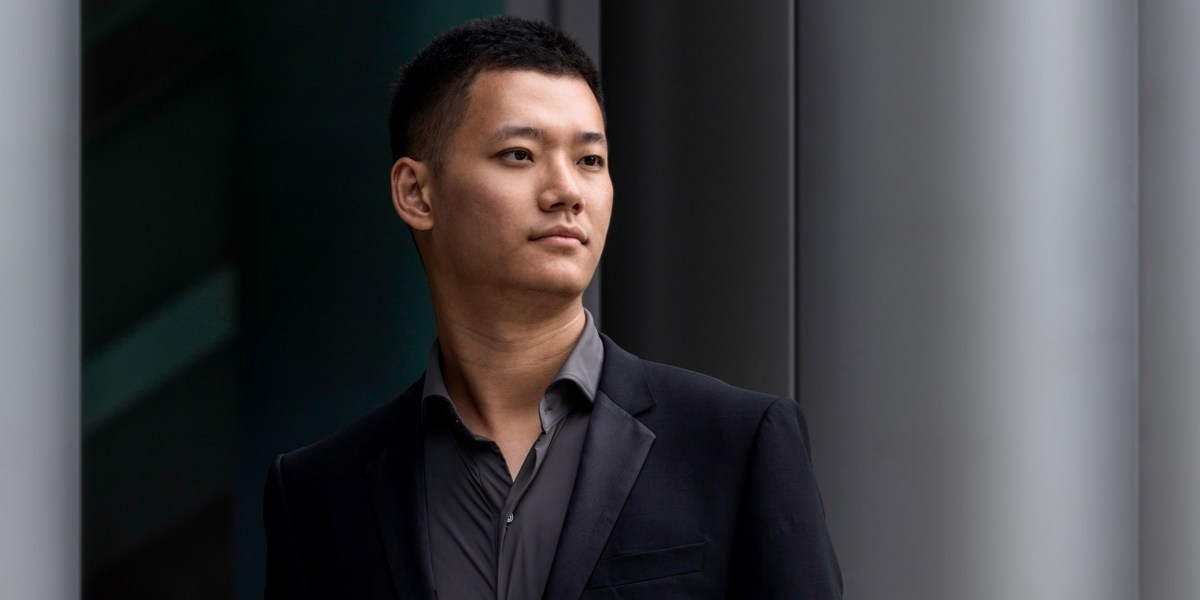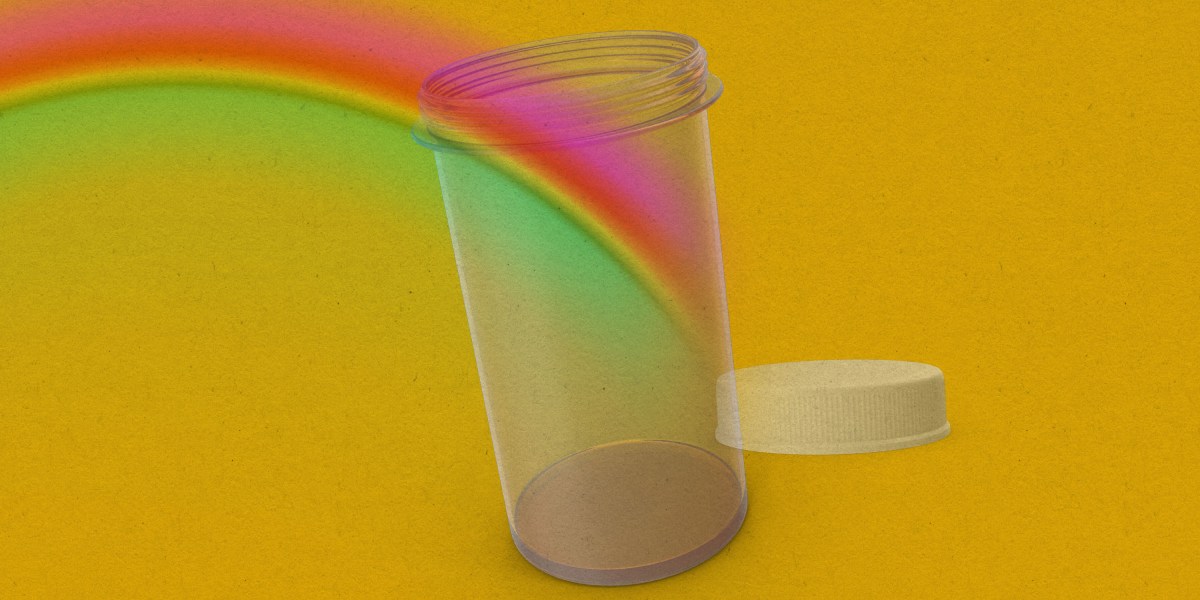Now artists are fighting back. And some of the most powerful tools they have were built by Shawn Shan, 26, a PhD student in computer science at the University of Chicago (and MIT Technology Review’s 2024 Innovator of the Year).
Shan got his start in AI security and privacy as an undergraduate there and participated in a project that built Fawkes, a tool to protect faces from facial recognition technology. But it was conversations with artists who had been hurt by the generative AI boom that propelled him into the middle of one of the biggest fights in the field. Soon after learning about the impact on artists, Shan and his advisor Ben Zhao (who made our Innovators Under 35 list in 2006) decided to build a tool to help. They gathered input from more than a thousand artists to learn what they needed and how they would use any protective technology.
CLARISSA BONET
Shan coded the algorithm behind Glaze, a tool that lets artists mask their personal style from AI mimicry. Glaze came out in early 2023, and last October, Shan and his team introduced another tool called Nightshade, which adds an invisible layer of “poison” to images to hinder image-generating AI models if they attempt to incorporate those images into their data sets. If enough poison is drawn into a machine-learning model’s training data, it could permanently break models and make their outputs unpredictable. Both algorithms work by adding invisible changes to the pixels of images that disrupt the way machine-learning models interpret them.
The response to Glaze was both “overwhelming and stressful,” Shan says. The team received backlash from generative AI boosters on social media, and there were several attempts to break the protections.
But artists loved it. Glaze has been downloaded nearly 3.5 million times (and Nightshade over 700,000). It has also been integrated into the popular new art platform Cara, allowing artists to embed its protection in their work when they upload their images. And Glaze received a distinguished paper award and the Internet Defense Prize at the Usenix Security Symposium, a top computer security conference
Shan’s work has also allowed artists to be creative online again, says Karla Ortiz, an artist who has worked with him and the team to build Glaze and is part of a class action lawsuit against generative AI companies for copyright violation.
Meet the rest of this year’s
Innovators Under 35.
“They do it because they’re passionate about a community that’s been … taken advantage of [and] exploited, and they’re just really invested in it,” says Ortiz.
It was Shan, Zhao says, who first understood what kinds of protections artists were looking for and realized that the work they did together on Fawkes could help them build Glaze. Zhao describes Shan’s technical abilities as some of the strongest he’s ever seen, but what really sets him apart, he says, is his ability to connect dots across disciplines. “These are the kinds of things that you really can’t train,” Zhao adds.




